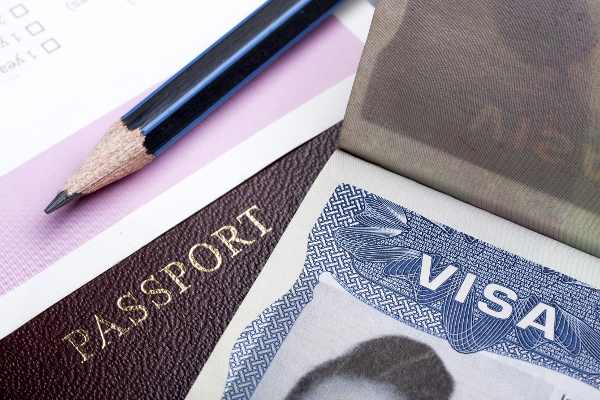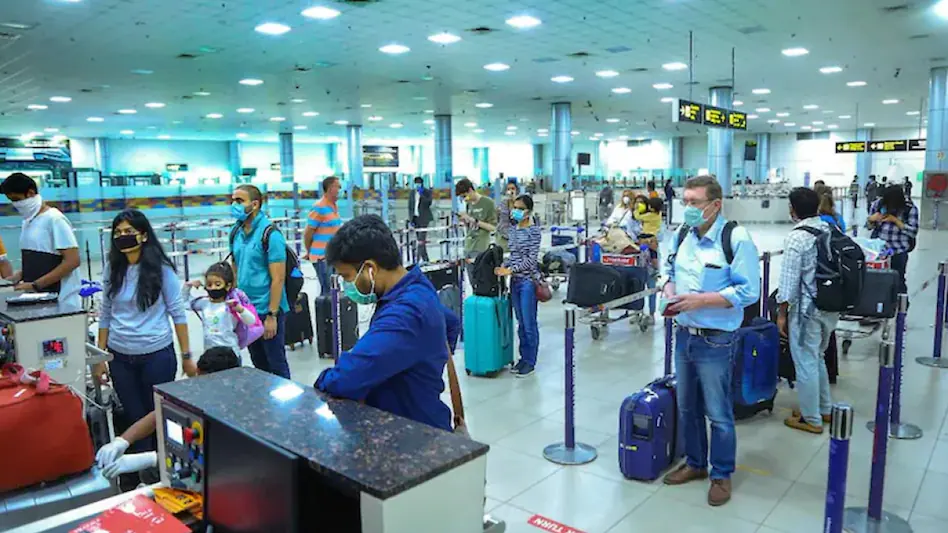Are you a citizen of a GCC country dreaming of exploring the rich heritage and breathtaking landscapes of Saudi Arabia? Look no further! We have prepared the ultimate guide to help you navigate the process of obtaining a Saudi visa with ease. Whether you’re planning a cultural pilgrimage or an adventurous getaway, this comprehensive guide will provide all the information you need to embark on your journey. Get ready to immerse yourself in the wonders of Saudi Arabia, as we unravel the key steps and requirements for obtaining a visa as a GCC citizen. Let’s dive right in! SAUDI VISA FOR GCC CITIZENS
Introduction to Saudi Visas for GCC Citizens
Saudi Arabia is a popular destination for many travelers from the Gulf Cooperation Council (GCC) countries, which includes Bahrain, Kuwait, Oman, Qatar, and the United Arab Emirates. As GCC citizens have strong cultural and economic ties with Saudi Arabia, they are eligible for special visa policies that make it easier to travel to the country.
In this section, we will provide a comprehensive guide on obtaining a Saudi visa for GCC citizens. We will cover the different types of visas available for GCC citizens, the application process and requirements, as well as important information to keep in mind while planning your trip.
Types of Visas Available for GCC Citizens
There are two main types of visas available for GCC citizens traveling to Saudi Arabia – the tourist visa and the eVisa. Both types allow entry into Saudi Arabia and have similar requirements. However, there are some differences in terms of validity and duration of stay that you should be aware of.
1. Tourist Visa:
The tourist visa is a single-entry visa that allows you to stay in Saudi Arabia for up to 90 days. It is valid for one year from the date of issue and can be used multiple times within its validity period. This type of visa is best suited for short-term visits such as vacations or business trips. SAUDI VISA FOR IRELAND CITIZENS
Overview of the Visa Application Process:
Obtaining a Saudi visa as a GCC citizen may seem like a daunting process, but with the right information and guidance, it can be relatively smooth and hassle-free. In this section, we will provide you with a detailed overview of the visa application process for Saudi Arabia.
Step 1: Determine your visa type
The first step in the Saudi visa application process is to determine which type of visa you need. The most common types of visas for GCC citizens are business visas, family visit visas, and work visas. Each type has its own set of requirements and processing times, so it’s important to choose the one that best fits your purpose of travel.
Step 2: Gather all necessary documents
Once you have determined your visa type, the next step is to gather all necessary documents. These typically include a valid passport with at least six months validity remaining, two passport-sized photographs, an invitation letter (for business or family visit visas), and proof of employment or company sponsorship (for work visas). It’s crucial to make sure that all your documents are complete and up-to-date to avoid any delays in the processing of your application.
Step 3: Submit your application
GCC citizens can apply for their Saudi visa online through the Enjaz website. You will need to create an account on the website and fill out the online form with accurate information.
Required Documents for a Saudi Visa Application
To apply for a Saudi visa as a GCC citizen, there are certain required documents that you must have in order to complete your application. These documents are necessary for the Saudi government to process your visa and determine your eligibility for entry into the country. In this section, we will outline all the essential documents that you need to prepare before submitting your Saudi visa application.
1. Valid Passport:
The most important document you will need for your Saudi visa application is a valid passport from your home country. Your passport must be valid for at least six months beyond your intended stay in Saudi Arabia and should have at least two blank pages for visa stamps.
2. Visa Application Form:
This form requires basic personal information, travel details, and purpose of visit. Make sure to double-check all the information provided before submitting the form.
3. Photographs:
You will need two recent color passport-sized photographs with a white background for your Saudi visa application. The photos should be taken within the last six months and must show a full-face view with no hat or sunglasses.
4. Proof of Residency:
As a GCC citizen, you will need to provide proof of residency in one of the GCC countries for at least six months prior to applying for a Saudi visa. This can be in the form of a residence permit or ID card issued by one of the GCC countries.
Tips for a Successful Visa Application:
1. Understand the Requirements: The first and most important tip for a successful visa application is to thoroughly understand the requirements set by the Saudi government. Each category of visa has its own specific requirements, so it is important to read and understand them carefully before applying.
2. Complete the Application Form Accurately: One of the common reasons for visa rejection is incomplete or incorrect application forms. Make sure to fill out all sections of the form accurately and provide all necessary information. Double-check your application before submitting it to avoid any mistakes.
3. Submit Supporting Documents: Along with your application form, you will need to submit various supporting documents such as a valid passport, proof of accommodation in Saudi Arabia, financial statements, letter of invitation (if applicable), etc. These documents serve as evidence that you meet the requirements for obtaining a Saudi visa, so make sure to submit them in their original form.
4. Apply Early: It is recommended to apply for your Saudi visa at least 30 days before your intended travel date. This will give enough time for processing and also allow room for any unforeseen delays or issues that may arise during the process.
5. Be Truthful in Your Application: Providing false information or misrepresenting facts in your application can lead to serious consequences such as rejection of your current and future visa applications or even legal action. It is crucial to be truthful and transparent in all aspects of your application.


